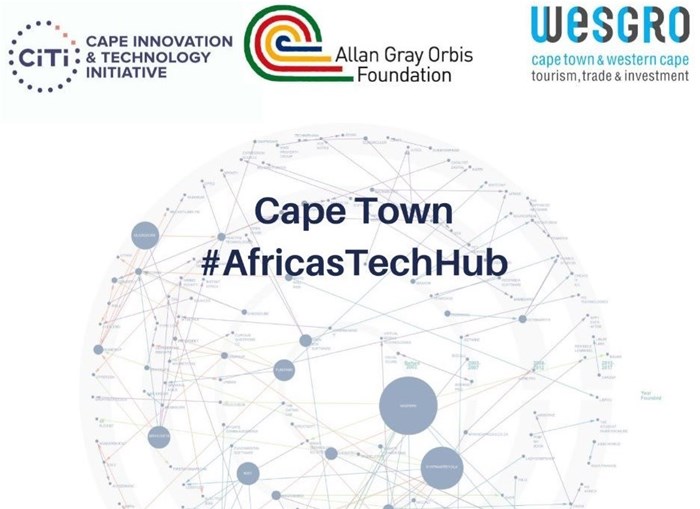
Related
Top stories






More news


Marketing & Media
Ads are coming to AI. Does that really have to be such a bad thing?














The report, by Endeavor Insight, entitled Evaluation & Network Analysis of the Cape Town-Stellenbosch Tech Sector, aimed to discover the current state of the Cape tech entrepreneur community and identify where the opportunities for growth lie. The report is based on interviews with 150 local technology entrepreneurs and research into more than 450 local tech founders and their companies in the Cape Town and Stellenbosch area.
“With South Africa’s current unemployment challenge, the Allan Gray Orbis Foundation believes the study was important so as to understand the tech entrepreneurial ecosystem in Cape Town which has a great potential to accelerate meaningful jobs creation,” comments Karen Gabriels, head of finance and operations at the Allan Gray Orbis Foundation.
The report reveals that the Cape entrepreneurial tech sector is significantly more productive than other African cities, employing more than double the people than Lagos and Nairobi combined, with 450-550 entrepreneurial companies employing between 40,000 to 50,000 people. In comparison, the Lagos and Nairobi tech sectors employ 9000 and 7000 people respectively, while a promising 3% of local companies have reached scale (100+ employees), comparable to Nairobi’s 1% and 2% in Lagos.
With the potential for greater job creation in the digital economy, a key recommendation from the report was an increased focus on investment into talent development.
“As an integral catalyst for the ecosystem’s growth, we are hearing a similar challenge across African tech sectors – sourcing specialised talent for digital teams is seriously limiting business growth. The report was great validation that the CapaCiTi Tech Skills and Job-readiness programmes we drive are completely market relevant to assist entrepreneurs, corporates and governments to understand and better solve their talent constraints to growth,” commented Ian Merrington, CEO of the Cape Innovation and Technology Initiative (CiTi).
Findings also revealed that of the more than 500 entrepreneurial companies in the tech sector, 20% are working in e-commerce and SaaS sectors, with 15% working in fintech.
“The dynamism, productivity and high-impact companies of Cape Town’s tech sector make it stand out as one of the most successful models in sub-Saharan Africa. It has generated the continent’s most highly valued tech company as well as other software businesses that have reached scale, exited for significant sums, or grown to become leading businesses on the continent,” commented Rhett Morris, director of Endeavor Insight, which has similarly conducted research in tech hubs globally as part of the Global Entrepreneurship Research Network’s initiative to map entrepreneur communities.
The research highlights the vibrancy of the Cape’s tech entrepreneur community and an interactive network map produced alongside the report illustrates the interconnectedness of the Cape’s entrepreneurs with regards to mentorship, investment, employment and inspiration. Cape founders of scaled tech companies (100+ employees) continue to engage with the ecosystem, with 30% of founder-to-founder mentorship coming from these companies, compared to only 12% in Lagos and 4% in Nairobi.
The top five reasons for starting a tech company in Cape Town included:
While the Cape tech sector has shown significant growth, dynamism and innovation over the last decade, there were challenges noted by companies interviewed. Chief among these are access to talent - a problem also encountered in Johannesburg and other African cities. Second to this was access to equity and finance, although the Cape was performing better than Nairobi and Lagos in this regard. Lastly, access to customers was noted as a problem being faced by these entrepreneurs.
Tim Harris, Wesgro CEO, commented, “This report shows that the Cape is the tech capital of Africa – a place of innovation and the future. It also shows us that we can do even more to unlock its full potential and become one of the top tech destinations in the world. The tech sector will be a key driver of economic growth and job creation over the course of the next 10 years and we look forward to watching this ecosystem flourish. Already our investment promotion team has helped land over R1bn in investment in the Cape tech sector over the last five years. We look forward to growing this investment total even further.”
Download the full report Evaluation & Network Analysis of the Cape Town-Stellenbosch Tech Sector.